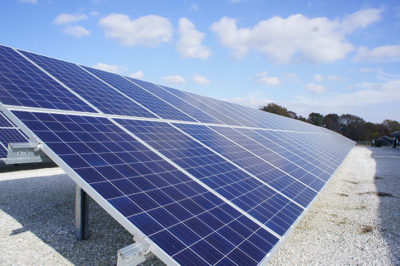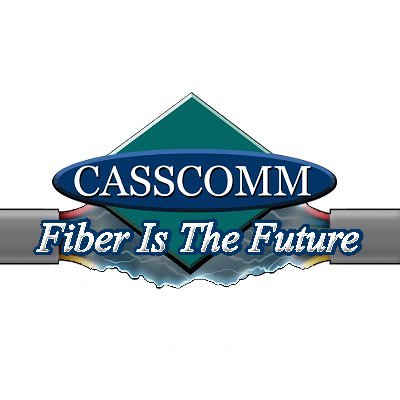A Sangamon County solar farm will be powering the City of Chicago.
The Double Black Diamond Solar Farm being built on the Sangamon-Morgan County line will be helping supply the City of Chicago with power to run its airports, the Harold Washington Library Center, and other city-run facilities, according to a press release from Mayor Lori Lightfoot’s Office today.
The solar farm is a part of an agreement struck with the solar farm’s ownership Swift Current Energy and retail electricity supplier Constellation to help the city meet a goal of 100% renewal energy for all the City of Chicago’s facilities by 2025.
The City has signed an energy supply agreement with an initial five-year term with Constellation beginning in January 2023.
The 593 megawatt solar farm is expected to be one of the largest solar projects in Illinois to date, and will be located just east of Waverly on 3,250 acres along the Illinois Route 104 corridor. The $535 million project is expected to create nearly 1,000 jobs beginning next year and generate around $2 million in tax revenue per year.
Sangamon County Board Chairman Andy Van Meter said in a press release: “Double Black Diamond makes Sangamon County a leading generator of clean solar power. We are pleased to host an infrastructure project of this magnitude that will create meaningful and long-lasting benefits for our area and the state. The project will employ hundreds of construction workers and directly create permanent, high paying positions. It will also create a significant, long-term source of tax revenue for our schools and community.”
Today’s announced agreement is the culmination of a competitive procurement process that started with a September 2020 request for proposals by the City of Chicago’s Department of Assets, Information and Services. According to the announcement, all parties involved will actively work towards Double Black Diamond Solar project’s compliance with the utility-scale renewables diverse workforce and labor requirements of the state Clean Economy Jobs Act (CEJA), including a project labor agreement, paying prevailing wages, and ensuring a minimum of 10% of the project workforce are equity-eligible individuals.




